Loading...

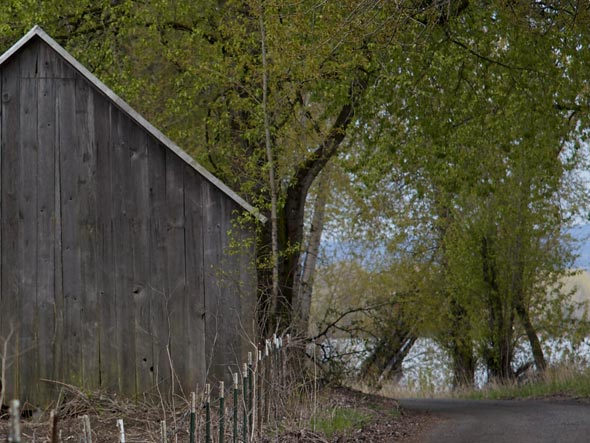
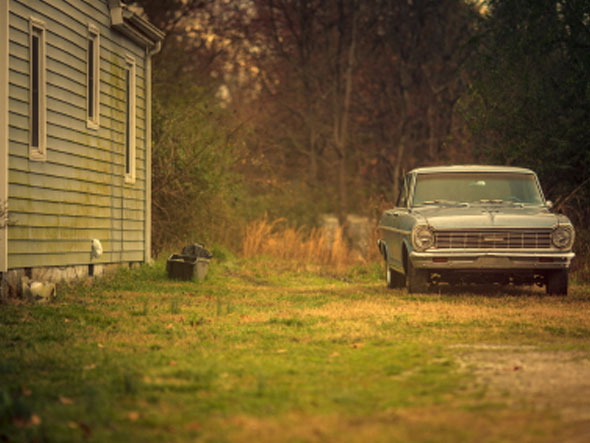
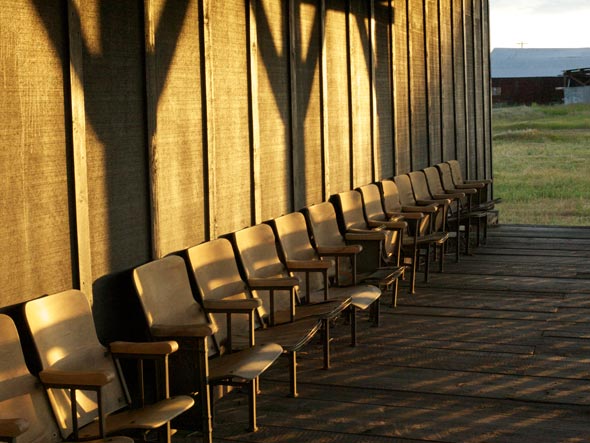
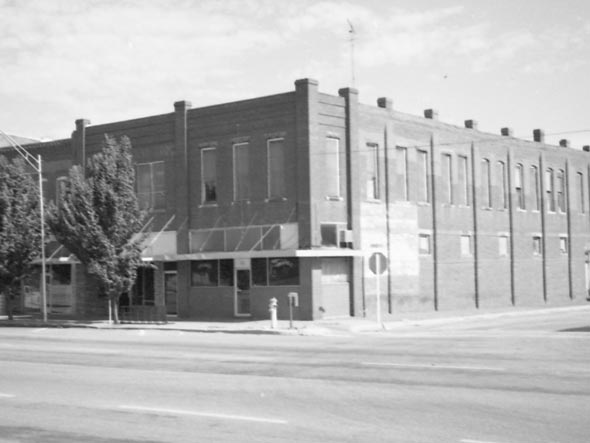
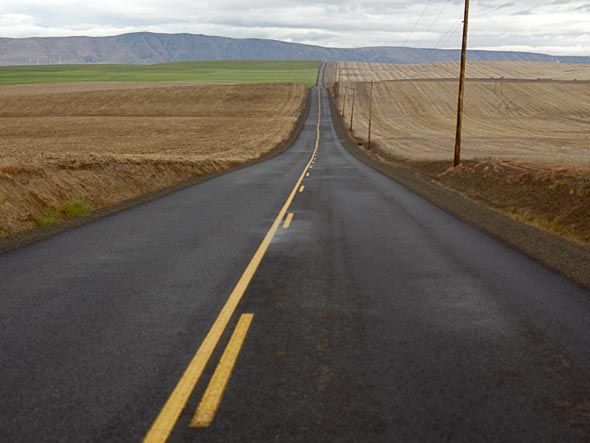
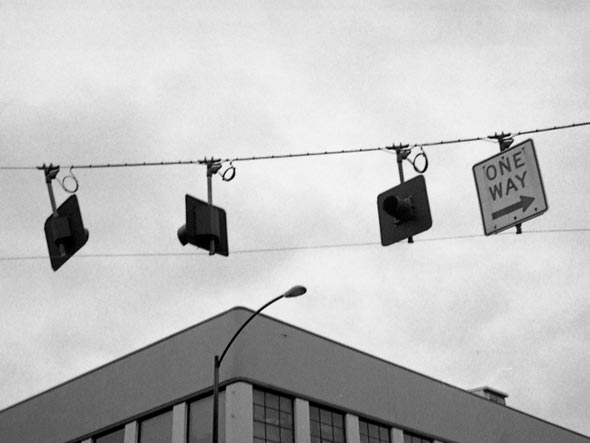

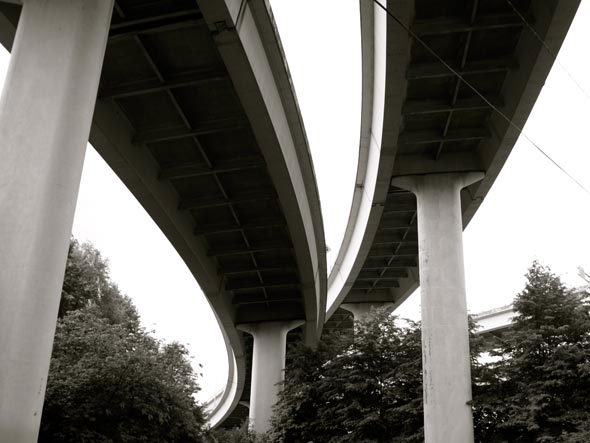

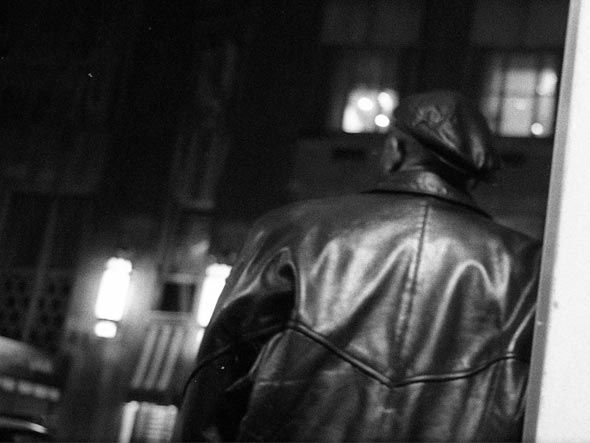
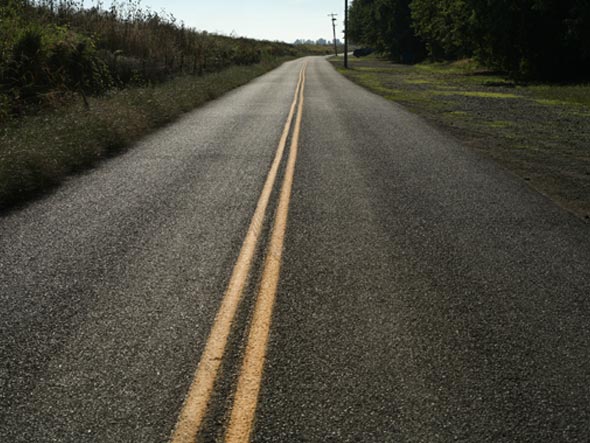
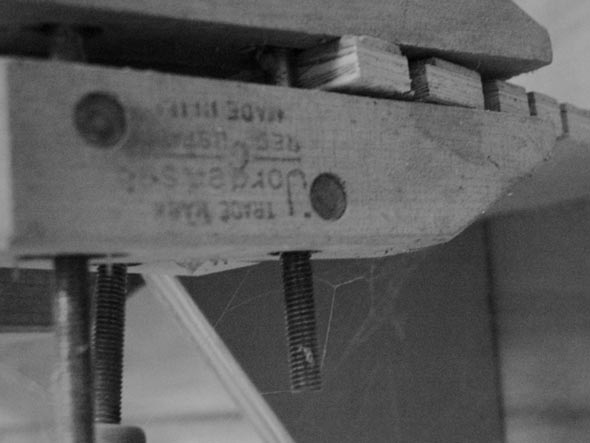
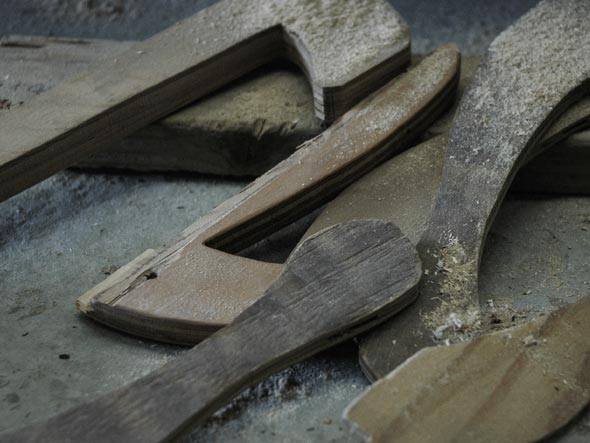
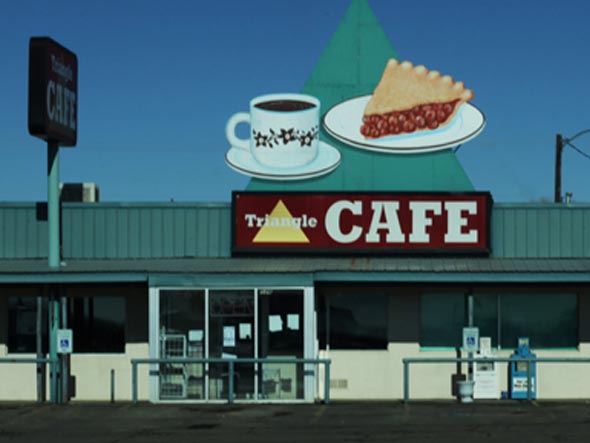
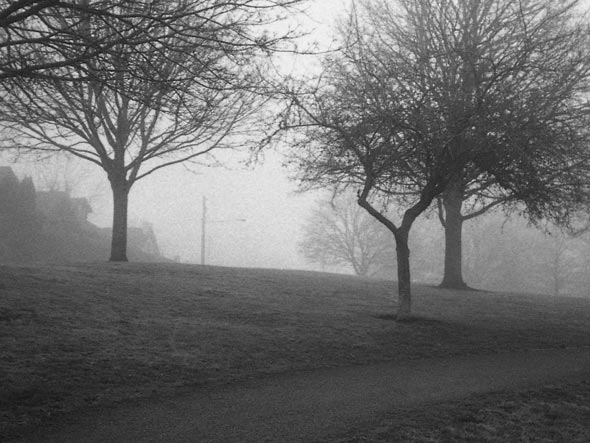
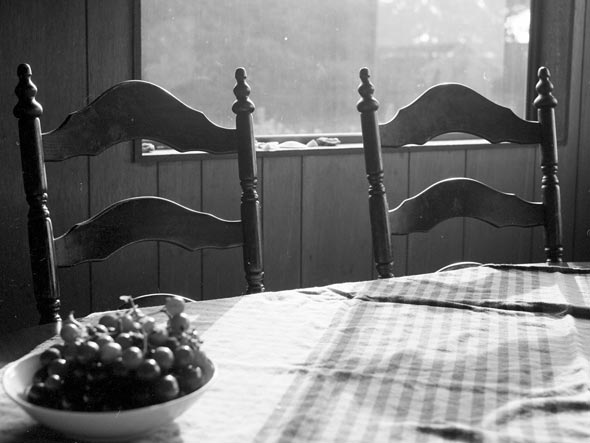
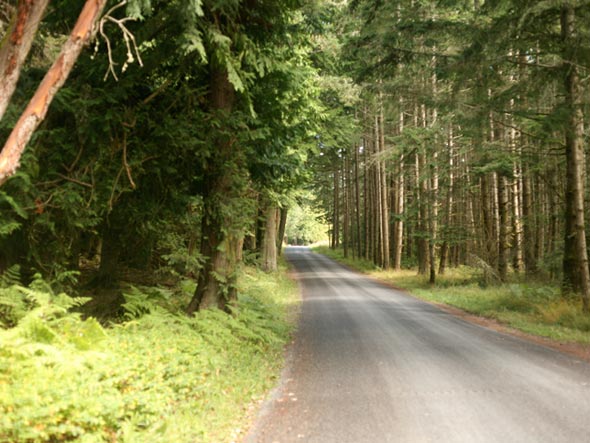
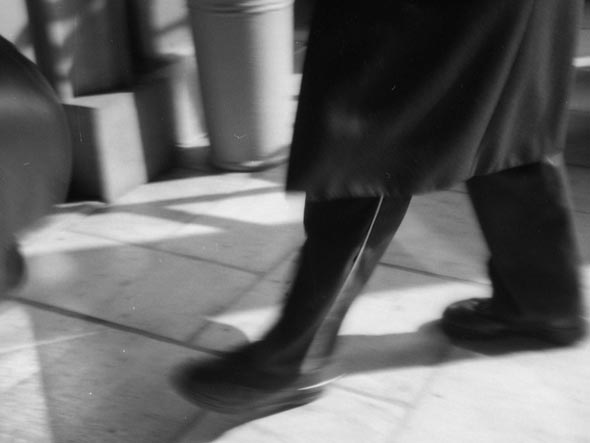
Loading...




















Only an hour ago Wava Haney had grounded her son Kyle forever, but there he was, kicking down the gravel driveway as though he had every right. She knelt on the shop floor, the chair braced against her thigh, one hand supporting the dowel while she cranked on the wood clamp with the other. Her fingers were glossed with glue, and the chair, her best work yet, teetered on the edge of completion. Lifting her fingers from the clamp, she eyed the configuration for balance. She knew what is should look like, this Shaker-style, ladder-back chair, bird's-eye maple, with a plank seat chiseled and sanded by her own hands, those hands callused until she'd lost the tactile details of every day—the embossed flowers on her favorite teacups, the hairs blushing her arms. The chair lingered in a suspension of glue and faith, eminently perishable. On her haunches, she looked out the good. Two precious days off from waitressing at the cage. Two days in which she'd planned to finish this chair. Start another. She'd as soon pretend she hadn't seen Kyle, wipe her hands and wait in the shade of a tree for his sorry return, then give him a righteous piece of her mind. She rose to her feet, studied the chair. This was a critical stage; it could all go so badly.
She slapped her hands across the butt of her jeans, thinking too late, as she always did, that she should have used a towel. He was on the turn in the drive, and if she didn’t hurry, he would be gone. She hiked her arms and tried running, but her ankles wobbled. Should it feel this way at thirty-six? Her upper arms jiggled, and she felt absurd. She slowed to a jog.
The driveway was a piece of work—a half mile of pitching turns, hills ,and dips that in winter meant night shifts burrowing through drifts behind the plow in her four-wheel-drive Custom Ford pickup. You wouldn't think it, to see it now, in the dog days of summer, trees wilted, waiting for the final crisp of autumn. Roadside weeds were varnished wit dust. The green grasshoppers of June had turned brown and percolated in the shrubs.
She caught up as he turned onto the highway—two lanes and no shoulders common to Montana. “Where do you think you're going?” she asked.
He slowed. She could see her effect in the set of his chin. She touched his arm, and he didn't snatch it from her, and even in her anger, she was grateful for that.
“Did you hear me?”
“Yes, ma'am,” he said, as he always did when angry, as though he needed that distance of courtesy.
“You're grounded.”
“Yes, ma'am.”
“Then where are you going?”
“Away from you.”
He'd stopped and was watching her with all the astuteness of a fifteen-year-old already gathering his defenses. She stepped to the high side of the road, trying to appear taller. She was no more used to looking up than he was looking down. All that bone didn't fit him yet. He used it like a borrowed body. She supposed he'd gotten his height from his father, though she preferred to think it was some wild-card gene from her own short side of the family. He was dressed in Levi's. T-shirt, and high-top sneakers, a jacket tied around his waist. No water, no food, no spare clothes. “You won't last a day,” she said.
“You going to give me the chance to find out?”
“Probably not.”
Claire Davis' first novel Winter Range was listed among the best books of 2000 by the Washington Post, Chicago Sun Times, Denver Post, Seattle Post, The Oregonian and The Christian Science Monitor, and was the first book to receive both the PNBA and MPBA awards for best fiction. Her second novel, Season of the Snake, and her short story collection Labors of the Heart were both released to wide critical acclaim. She is co-editor of the anthology Kiss Tomorrow Hello: Notes from the Midlife Underground by Twenty-five Women over Forty. Her stories and essays have appeared in numerous literary magazines such as The Gettysburg Review, Shenandoah, Southern Review, The Pushcart Prize Anthology, and Best American Short Stories. She lives in Lewiston, Idaho where she teaches creative writing at Lewis-Clark State College.